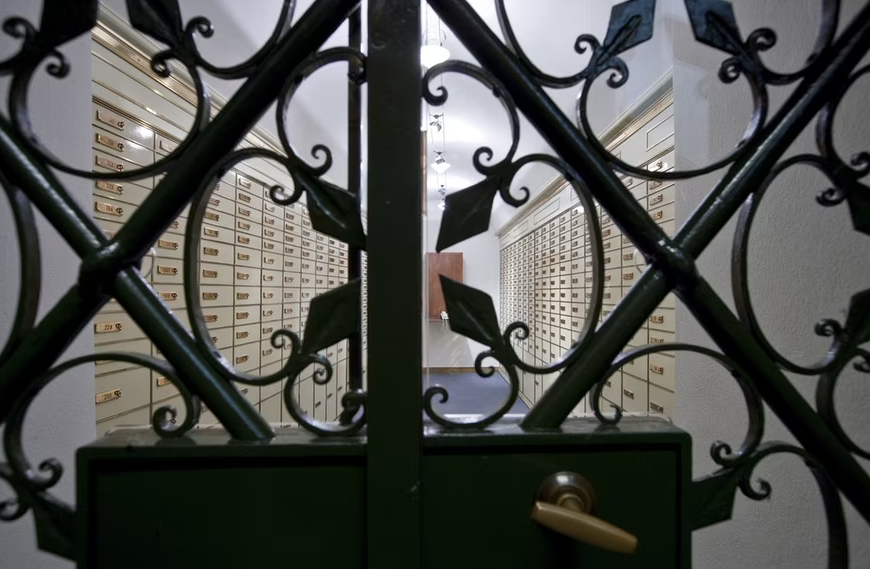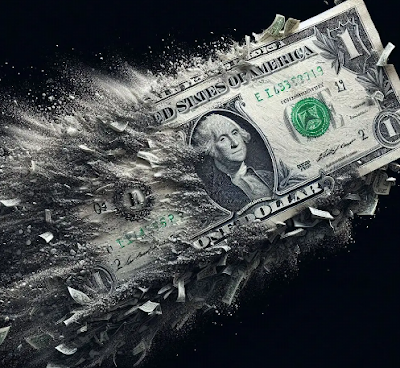Swiss banking secrecy used to be the bane of foreign countries trying to catch tax cheats. Now it’s the turn of Swiss journalists and historians to cry foul of laws that can hinder their work.
The Bank Secrecy Act was tightened in 2015 following a spate of stolen data being bought by foreign tax authorities.
+ Bank secrecy vs freedom of the press
Financial historians complain that banks now hide behind stricter secrecy laws when rejecting requests for documentation.
In January, the Swiss Historical Society, which represents 1,700 historians, wrote a letter to the finance ministry, calling for the law to be relaxed.*
It pointed to an extreme case of UBS bank denying an historian access to documents showing its financial dealings with Germany during World War II.
No compromise
These same documents had previously been made available to the ‘Bergier Commission’, which was set up by the Swiss government between 1996 and 2001 to publicly examine Switzerland’s relationship with the WWII Nazi regime.
UBS stands by its decision to keep its private archive under lock and key. The Historical Society recognises the need for companies to keep strategic information secret and to avoid potential legal problems.
But it remains frustrated by a lack of willingness to compromise on decades-old documents or to negotiate with historians on which facts can be made public.
“As a result of this complex situation, historical research on the Swiss financial center is largely blocked, which, given its overall economic, political and social importance for the history of our country, is unacceptable,” the letter states.
The historians’ objection follows an outcry by the media last year. A maximum five-year jail sentence also awaits anyone who reproduces details of stolen bank data that has ended up in their hands.
Suisse Secrets
In February, 2022, a Swiss newspaper was obliged to ignore stolen bank data that highlighted Credit Suisse accounts of alleged criminals and dictators.
While foreign media could reproduce the so-called ‘Suisse Secrets’ documents, their Swiss counterparts faced criminal sanctions for the same action.
A number of domestic and international bodies joined the chorus of criticism against Switzerland’s restrictions of the free press.
“Prosecuting journalists for publishing bank details that are of public interest would violate international human rights law,” said Irene Khan, UN Special Rapporteur on the promotion and protection of the right to freedom of opinion and expression.
Such pressure has stirred some Swiss lawmakers into taking another look at banking secrecy amid concerns that the law has become too draconian.
The economics committee of the House of Representatives this year passed a motion recommending that the media should be allowed to reproduce stolen bank data if their reporting is in ‘good faith’.
While the government said it welcomed the debate, there is a long road ahead before the motion stands any chance of forcing changes.
Balance of interests
Both houses of parliament would first have to agree to any law changes following full debates in each chamber. This process could take many months to play out and would be quashed if a majority of politicians disagree.
The Federal Department of Finance said it has noted objections from the media and historians but can only comment on the merits of such arguments once the parliamentary process is complete.
The Swiss Bankers Association (SBA) also said it is a matter for lawmakers to decide. “It is not up to the SBA to make a final judgement on the balance of interests between the individual client’s need for protection and the public’s need for information,” the SBA said in a written statement.
The SBA also pointed out that regulatory bodies, such as the Money Laundering Reporting Office Switzerland and the Swiss Financial Market Supervisory Authority, can gain access to bank information if crimes are suspected.
Swiss Bank Secrecy Act
The Swiss Bank Secrecy Act first came into force in 1934, making it a criminal offence to reveal client data without permission.
In response to other countries buying stolen Swiss banking data, Article 47 of the Act was tightened in 2015.
Anyone who leaks bank data, or who induces someone else to commit this act, can be jailed for up to five years or fined.
This means a media outlet could be found liable for inducement should it reproduce data that is offered by a whistleblower.
A fine of up to CHF250,000 ($270,700) can also be levied against anyone who negligently passes on unauthorised data.
In 2017, Switzerland started applying the ‘Multilateral Convention on Mutual Administrative Assistance in Tax Matters’, an automatic sharing of tax information with other countries.
While this international code forces banks to pass on client data to recognised tax authorities, banking secrecy remains intact in other respects.
The theft of data by whistleblowers or others remains a criminal offence in Switzerland.
* A previous version of this article incorrectly stated that 1,700 historians signed the Swiss Historical Society letter.
Full story here Are you the author? Previous post See more for Next postTags: Featured,Law and order,newsletter



































